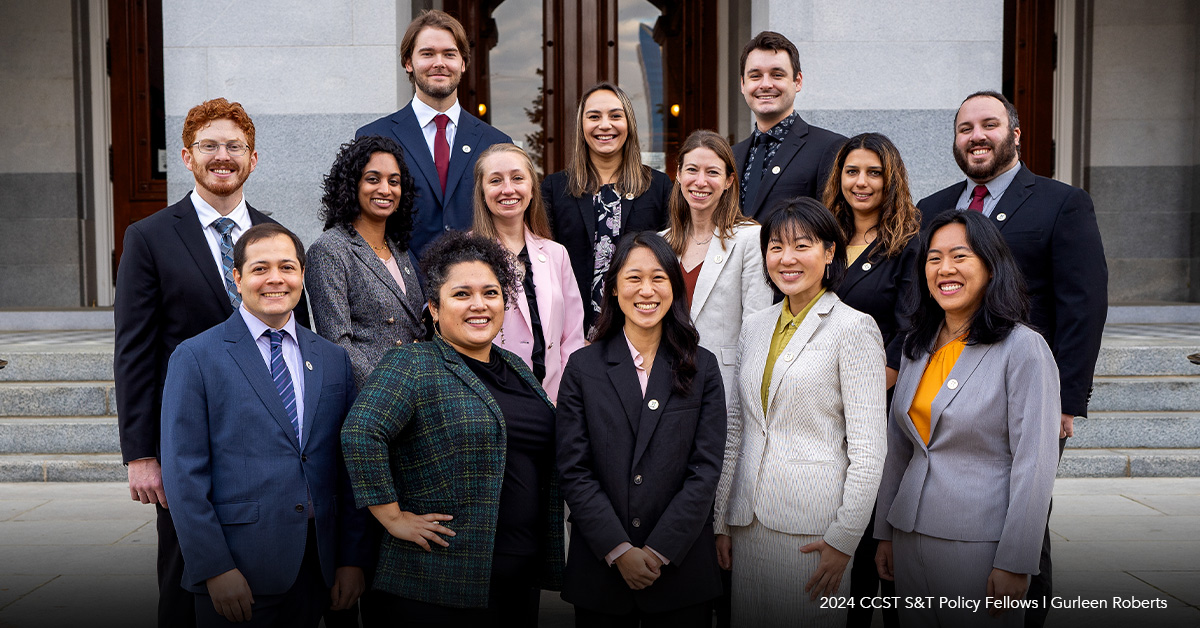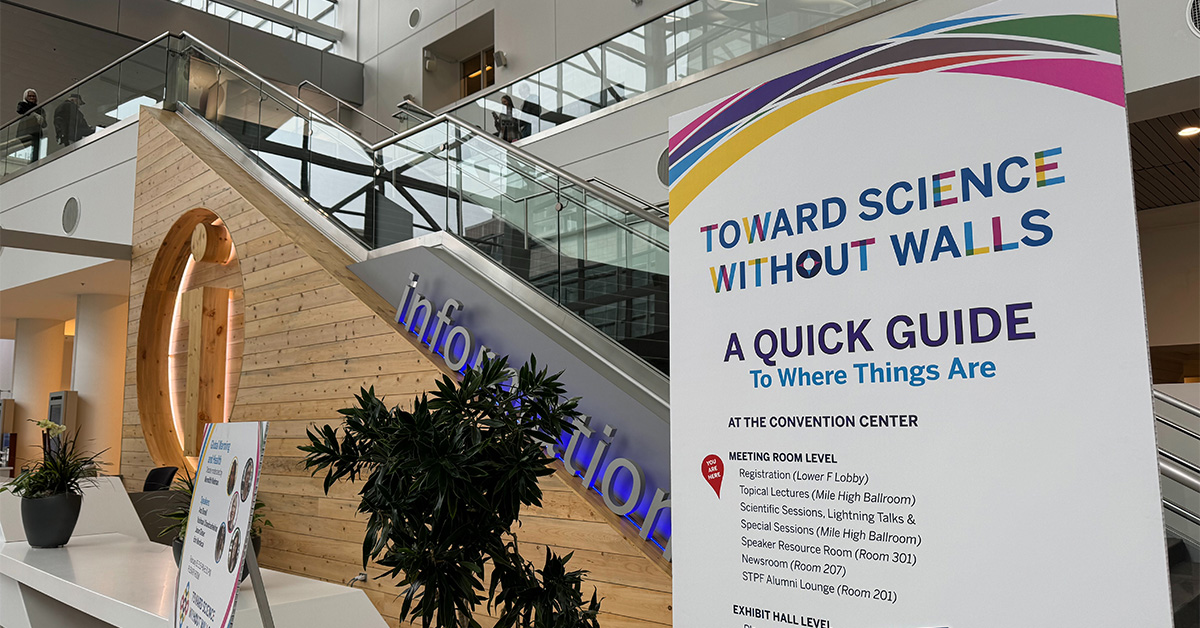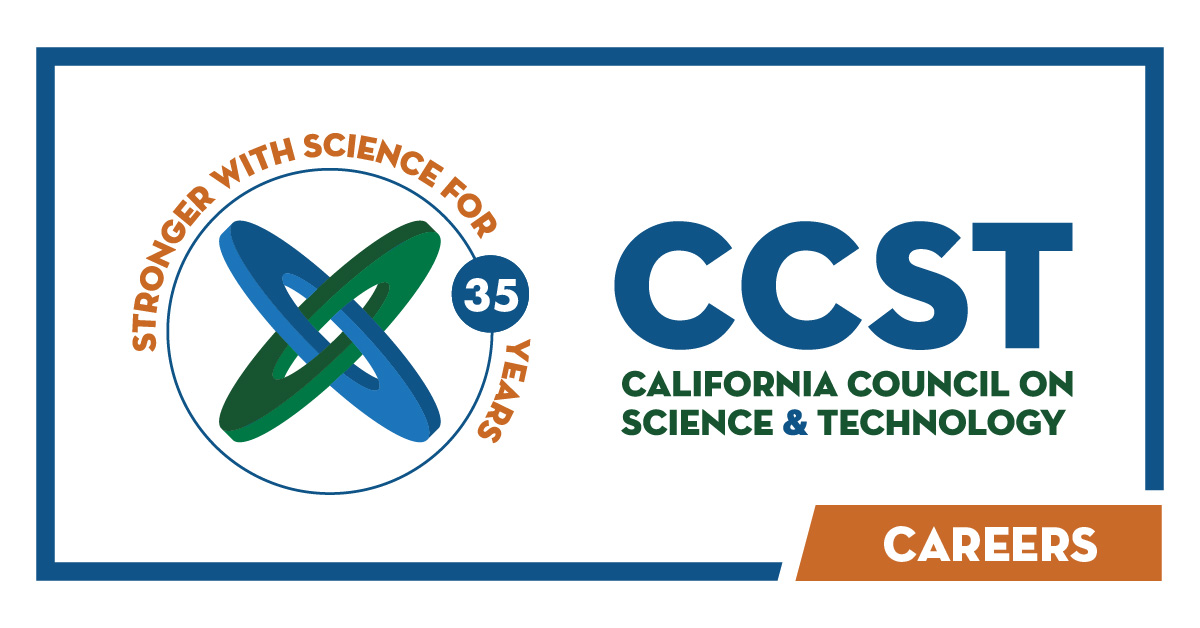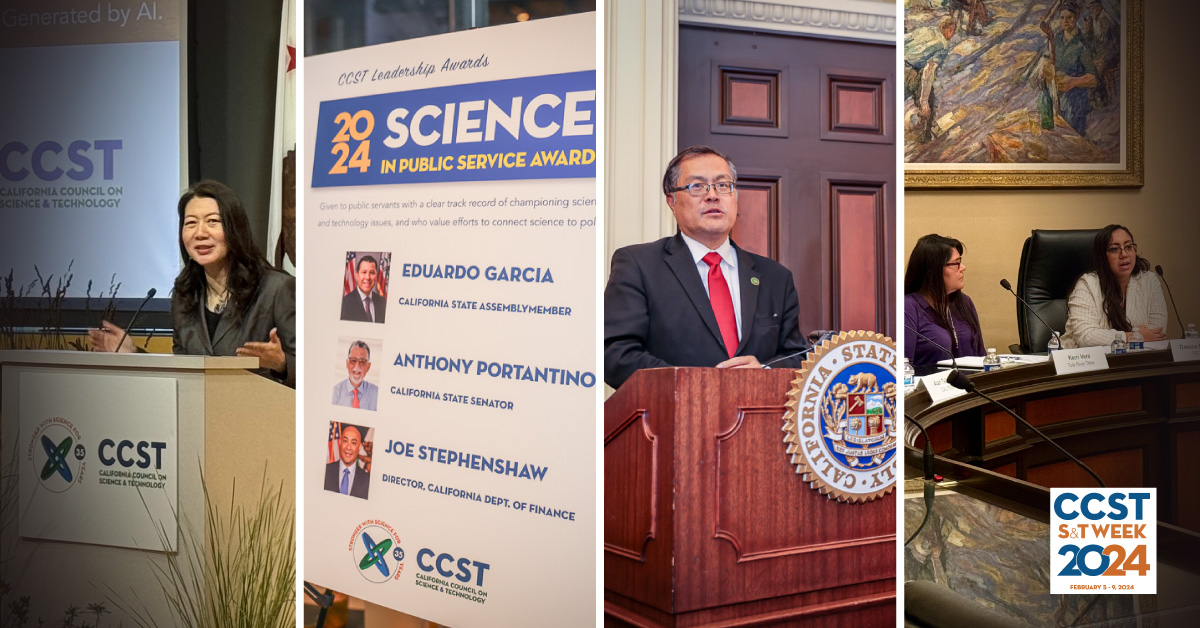CCST Urges Reconsideration of Federal Innovation Legislation
February 5, 2007 | CCST Newsroom | Contact: M. Daniel DeCillis
In 2006, Congress proposed several bills to improve the United States’ science and technology competitiveness, which ultimately converged in the bipartisan National Competitiveness Investment Act (S 3936). However, despite considerable bipartisan momentum, the bill was not acted upon before the end of the congressional session. CCST has sent a letter to House Speaker Nancy Pelosi and the California congressional delegation urging Congress to take up the important issues addressed in the NCIA.
“We urge you to seize this opportunity to carry forward into the 110th Congress the innovation agenda that has been so carefully developed both in California and the nation, and strengthen the science and innovation that are at the core of America’s economic strength,” said the letter, signed by CCST Board Chair Karl Pister, CCST Council Chair Lawrence T. Papay, CCST Council Vice-chair Cornelius Sullivan, and CCST Executive Director Susan Hackwood.
Pelosi advanced many of the ideas carried forward through 2006 the previous year, announcing the “Innovation Agenda: A Commitment to Competitiveness to Keep America #1” in November 2005. The legislation that ultimately took shape at the end of 2006 would have sought to reduce barriers to innovation and enhance basic research by significantly increasing funding for NASA ($160 million), the National Institute of Standards and Technology (from $650 million in 2007 to $937 million in 2011), and the National Science Foundation (from $6.2 billion in 2007 to $11.2 billion in 2011). It also had a strong focus on improving math and science education, with over $300 million earmarked for science and math teacher recruitment, training, and professional development.
The CCST letter stresses the importance of these measures, and also requests that everything possible be done to advance the objectives of the innovation agenda in the interim by granting the Department of Energy the budget flexibility during the 2007 fiscal year to reapportion some of its funds internally to its Office of Science.
“Doubling the budget of the NSF and DOE Office of Science over the next five years are actions of a suitable scale [to have a measurable impact],” said the CCST letter. “Providing resources for a nationwide focus on increasing well-prepared science and math teachers throughout the country is also of a suitable scale. We urge you and your colleagues to take these bold steps.”






